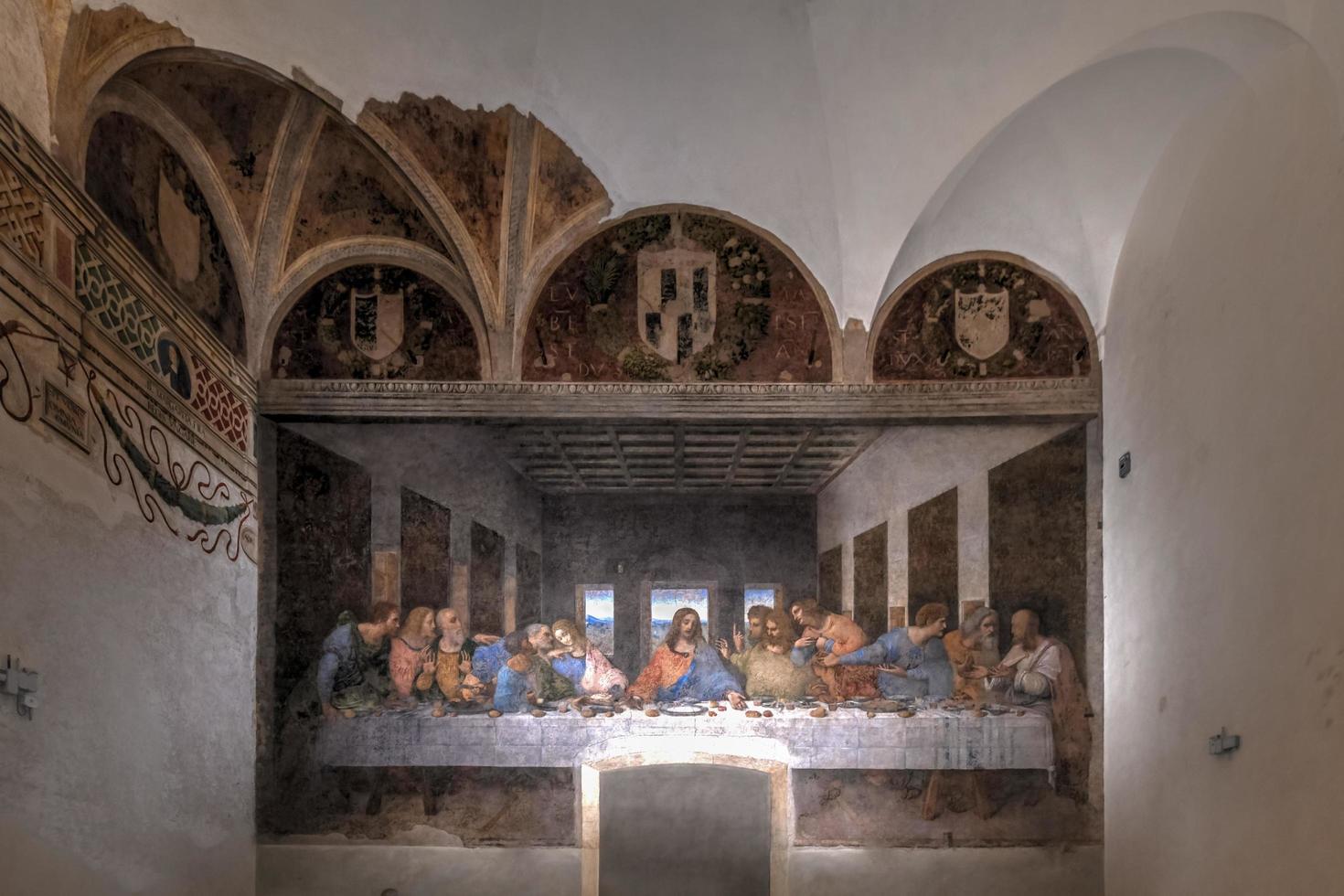John Fray Submitting Thoughts in the Year 2025:
QUESTION: WHAT IS THE NON-BIBLICAL EVIDENCE
THAT JESUS EXISTED?
This ongoing essay was been started by
John Fray in February 2025. The intention is
to be objective about the evidence
suggesting that Jesus of Nazareth, whose
original name is closer to Yesuah bin Joseph,
in fact existed.
The earliest written records suggesting the
existence of Jesus come from the following
four sources:
Josephus, an admiral in the Roman navy and
a self-appointed historian who lived in Judea.
Pliney the Younger, a governor in Roman-occupied
Asia Minor.
Suetonius, a historian in Rome whose works were
regarded as authoritative by officials at their time.
Some chapters of his histories of Roman emperors are lost.
Tacitus, a historian in Rome who wrote several installments contained in
four annals covering Roman history from 14 AD to 90 AD.
Some of the installments are lost.
All of the aforesaid four historians wrote their
works in either or both the latter part of the
first century, and the beginning of the second century.
Josephus provides two passages referring to Jesus.
The first appears out of context in the midst of his recitation
of the history of routine government appointments and
the like. The passage tells of Jesus, a man, or an individual
beyond the human form, who performed great works, was
executed, and rose from the grave. The second passage
refers to James, the brother of Jesus, who was likewise executed.
Pliney the younger wrote to the Emperor in Rome
asking what he should conclude of a group of people
who were holding outdoor gatherings celebrating
Christos, the annointed one.
Suetonius wrote of the expulsion from Rome of Christians
who were followers of Christos. The expulsion came
under the reign of Claudius and occurred about 54 AD.
Tacitus wrote of Nero's persecution of Christians
in Rome in 64 AD at the hand of Nero, who, in addition
to ordering other horrible means of death, directed that
Christians be tied to poles and immolated in lavish
empirical gardens at night.
In the cases of Pliney, Suetonius and Tacitus,
it is believed that they despised Christians.
[More to come later.]
|



